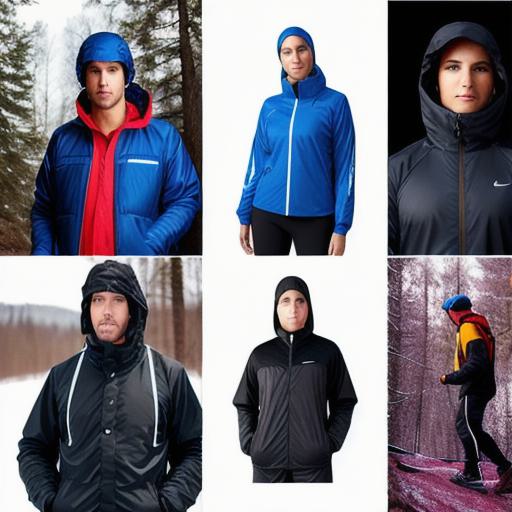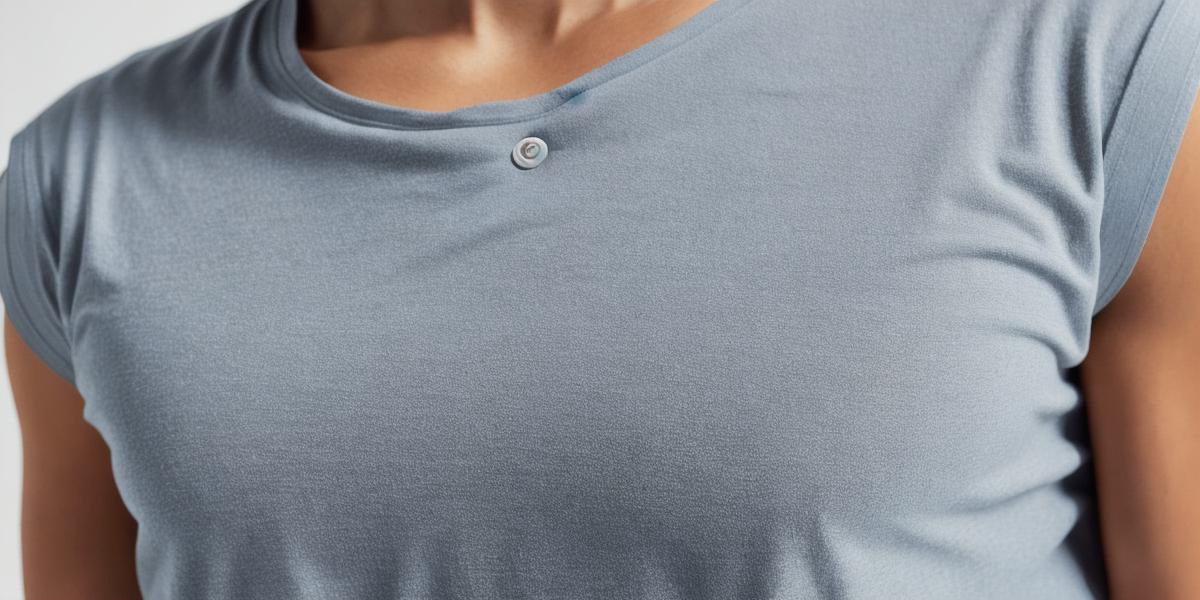Title: Was ist 100 Polyester-Trikot?
– Die Faszination hinter der Vollpolyester-Bekleidung (What is a 100% Polyester Shirt? –
The Fascination behind Full Polyester Clothing)
In our modern, fast-paced world, fashion trends and fabric choices have significantly evolved. One such fabric that has garnered immense popularity is polyester, particularly in the form of 100% polyester clothing. In this comprehensive article, we will delve deeper into the intricacies, benefits, and applications of 100% polyester shirts, shedding light on why they continue to be a wardrobe staple for many.
- Einleitung: Was ist ein 100% Polyester-Trikot und warum ist es so beliebt? (Introduction: What is a 100% Polyester Shirt and why is it so popular?)
A 100% polyester shirt is a garment made entirely from polyester fabric. Its versatility, durability, and easy maintenance have made it an increasingly popular choice for various demographics. In the following sections, we will discuss the unique characteristics of full polyester fabric, its applications, alternatives, leading brands, and compare it to cotton and linen.
- Eigenschaften von Vollpolyester-Stoffen: Vorteile und Nachteile (Characteristics of Full Polyester Fabric: Advantages and Disadvantages)
Polyester is a synthetic fiber material that sets itself apart due to its high strength, washability, and water-repellent properties. It is also very lightweight, making it perfect for the production of sportswear and everyday clothing.
Advantages:
* High resistance to wrinkles:
Polyester does not crease easily, allowing for a more wrinkle-free appearance, especially when used in blends or for garments such as shirts and pants.
* Quick-drying: Once wet, polyester dries quickly, making it an excellent choice for people with active lifestyles or those who live in humid climates. This property is particularly valuable during outdoor activities or while traveling.
* Moisture wicking: Polyester fabric is designed to draw moisture away from the skin, keeping the wearer cool and dry. This attribute makes it an ideal choice for athletic pursuits or workwear in hot environments.
* UV protection: Some polyester fabrics offer UV protection, making them suitable for outdoor activities and travel in sunny locations.
Disadvantages:
* Environmental impact: The production of polyester requires significant energy resources and primarily relies on fossil fuels. Additionally, the disposal of polyester garments can pose environmental challenges due to their non-biodegradability.
* Potential health concerns: Some studies suggest that wearing synthetic fabrics like polyester could lead to skin irritation or allergic reactions for some individuals. This is especially true in cases where the fabric has not been treated with appropriate chemicals and dyes.
3. Anwendungen von Vollpolyester-Bekleidung (Applications of Full Polyester Clothing)

The adaptability of polyester is evident in its wide range of applications, including:
* Sportswear: The moisture-wicking and quick-drying properties of polyester make it an ideal choice for athletic clothing, such as workout clothes, tracksuits, and sport-specific gear.
* Activewear: Polyester’s lightweight and breathable nature makes it a popular choice for outdoor enthusiasts engaging in activities like hiking, camping, cycling, and water sports.
* Workwear: Given its durability and ease of maintenance, polyester is widely used in work clothing, such as uniforms for industries that require frequent washing or exposure to harsh chemicals.
*
Casualwear:
Polyester’s versatility extends to casual wear, including leisure suits, jackets, and everyday shirts and pants.
4. Vergleich: Vollpolyester vs. Baumwolle und Kästnerbaumwolle (Comparison: Full Polyester vs. Cotton and Linen)
Polyester has its advantages, but how does it affect the environment and what does that mean for us? In comparison to cotton and linen, polyester requires a higher energy yield. It is produced from fossil energy sources that are involved in oil formation. While synthetic fibers like polyester offer several benefits, they also pose challenges in terms of environmental impact and potential health concerns.
Cotton, on the other hand, is a natural fiber with advantages such as breathability, comfort, and the ability to absorb moisture. However, it requires extensive water usage for cultivation and often relies on harsh chemicals for processing. Linen is another natural fabric that is known for its high durability, breathability, and coolness in hot weather. It has a lower environmental impact compared to polyester but higher than cotton due to the energy required for processing.
5. Alternativen zu Vollpolyester-Bekleidung (Alternatives to Full Polyester Clothing)
Given the environmental concerns associated with synthetic fibers like polyester, it’s essential to consider eco-friendly alternatives.
These include:
-
Organic cotton:
This fabric is grown without the use of harmful pesticides or fertilizers and under fair labor conditions.
- Hemp: Known for its durability and quick growth cycle, hemp is an excellent alternative to polyester in terms of sustainability and reduced environmental impact.
* Recycled fabrics:
Repurposing old textiles into new garments reduces the need for producing virgin synthetic fibers or harvesting natural resources.
- Tencel (Lyocell) and Modal: These biodegradable, plant-based fabrics are derived from sustainably grown wood pulp and offer properties similar to polyester in terms of breathability and moisture management.
- Herkunft und Marken von Vollpolyester-Bekleidung (Origin and Brands of Full Polyester Clothing)
Some well-known brands that specialize in full polyester clothing include:
- Adidas: Known for its sportswear and activewear lines.
* Patagonia:
A leading brand in outdoor gear and eco-conscious apparel, offering a range of polyester products with sustainable production methods.
- Under Armour: Specializes in performance clothing that wicks moisture away from the body.
- Schlussbemerkungen: Reflexionen über die Bedeutung von 100% Polyester-Bekleidung in unserer modernen, schnelllebigen Welt (Closing Remarks: Reflections on the Significance of 100% Polyester Clothing in Our Modern, Fast-paced World)
In today’s times of high demands on our clothing and our daily lives, 100% polyester clothing caters to our practical needs. It is our responsibility to minimize the environmental impact of wearing polyester clothing by being mindful in our purchasing decisions and choosing sustainable options whenever possible. By considering eco-friendly alternatives, making informed choices, and embracing a more conscious approach to fashion, we can make a positive difference for both ourselves and the planet.
